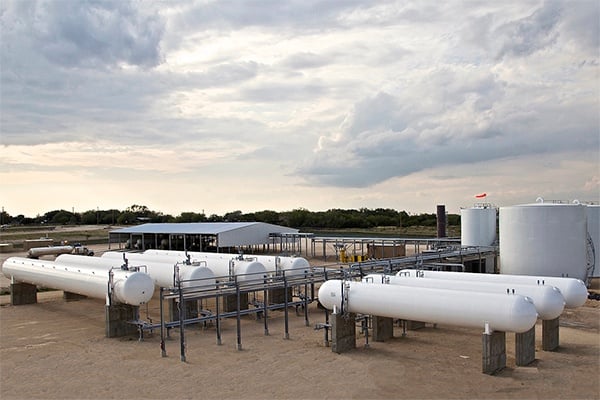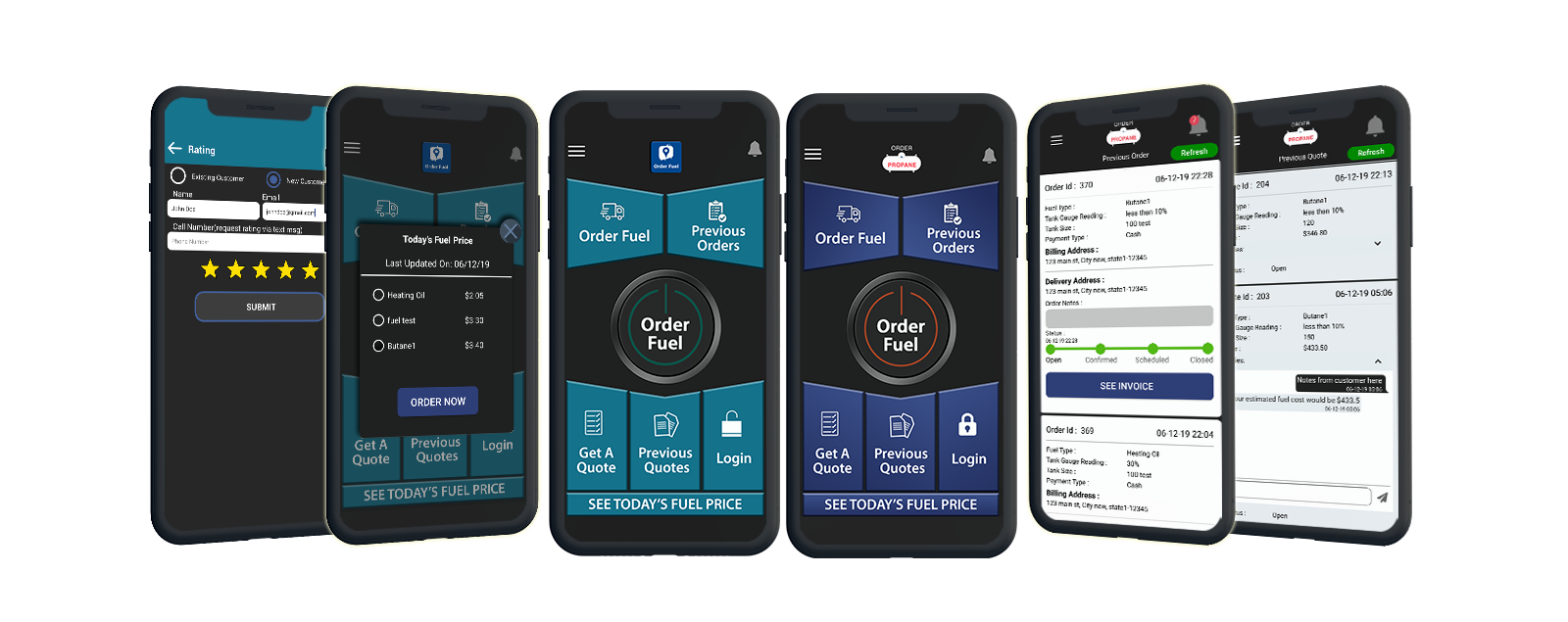Optimizing Your Propane Storage Yard
Are you a propane business owner looking to set up a storage yard or to increase the efficiency of one you already own? Effectively organizing your propane storage is vital for safety, accessibility, and profitability. This guide will walk you through the essential steps to achieve an optimal layout for your propane storage yard. Planning… Continue reading Optimizing Your Propane Storage Yard





